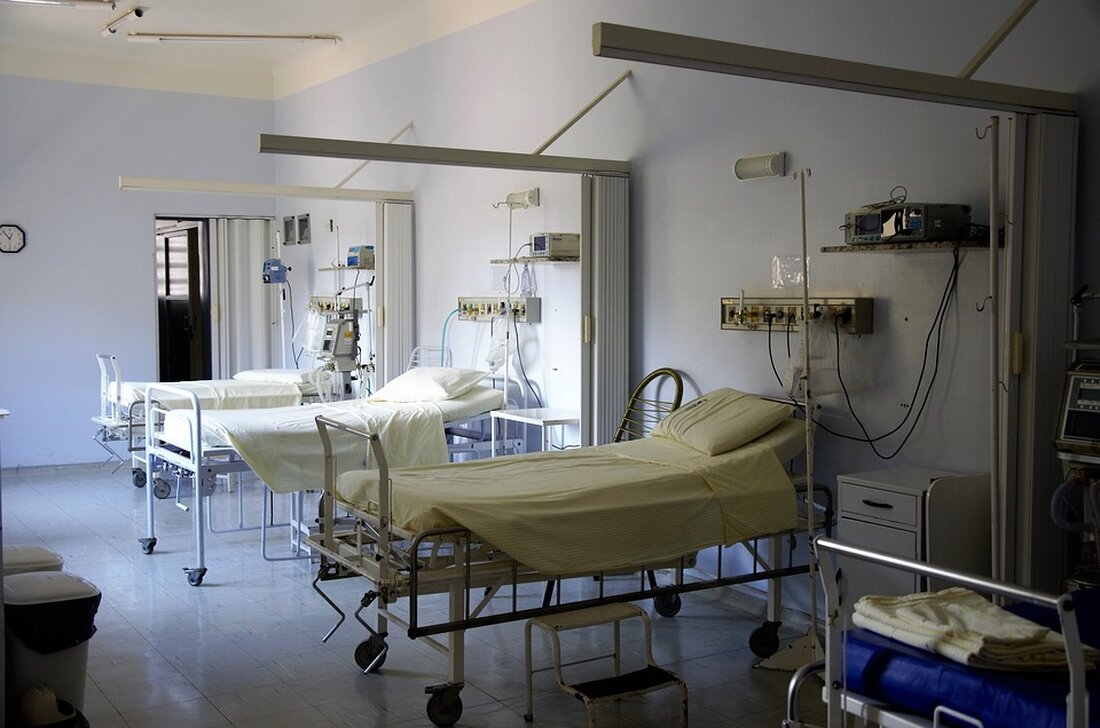Hospitals in the crisis: Bundestag decides new law without planning security
"The Bundestag has adopted the hospital care improvement law (KHVVG), but the future of hospitals remains uncertain. Christoph Radbruch from DEKV criticizes that the regulations do not offer planning security and is urgently necessary.

Hospitals in the crisis: Bundestag decides new law without planning security
Today was a day full of drama in the German Bundestag! With 374 votes, the Hospital Supply Bestling Act (KHVVVG) has mastered the hurdle, but the concerns about the future of hospitals remain unchanged. A positive change looks different!
Christoph Radbruch, the chairman of the German Evangelical Hospital Association e. V. (DEKV), raises the alarm! "Unfortunately, this day did not bring planning security to the hospitals. The entire package is not convincing us and the hospitals are financially abandoned," you quote it with a serious expression. The responsibility for the next steps now lies with the Federal Council, because time is pushing!
requirement for fast action
bike break is not only in his demand for improvements! "It is essential that further financial support will be provided as soon as possible - if necessary, also by faster implementation in another law," he warns. The nervousness in the corridors of the hospitals is growing, because the supply situation threatens to tip over without targeted means.
And that's not all! Radbruch emphasizes the importance of a thorough analysis of the consequences of the law. "The tool that has long been announced for analyzing the effects must now finally be made available. Without these analyzes, the hospital reform resembles blind flight," he explains in reprint. The concern is justified: A loss of important services could have fatal consequences for medical care and the economic stability of the clinics.
The future of the clinic landscape is on the brink
"Performance deposits are always multi-layered: If an essential performance module is removed, there is a risk that the entire medical supply and thus also the economy of a hospital will collapse," warns the DEKV chairman. The planned changes, without sound investigations, could seal the fate of many clinics.
SoThe question remains: How will the Federal Council react to the warning reputation from the hospitals? The pressure increases! Germany looks forward to the next steps, because the health care of the population is at stake.
In Berlin it is bubbling - and the clock ticks. What will the next act in the drama be about the hospital reform? Authorities and citizens are equally required to hope for a positive turn!

 Suche
Suche
 Mein Konto
Mein Konto
